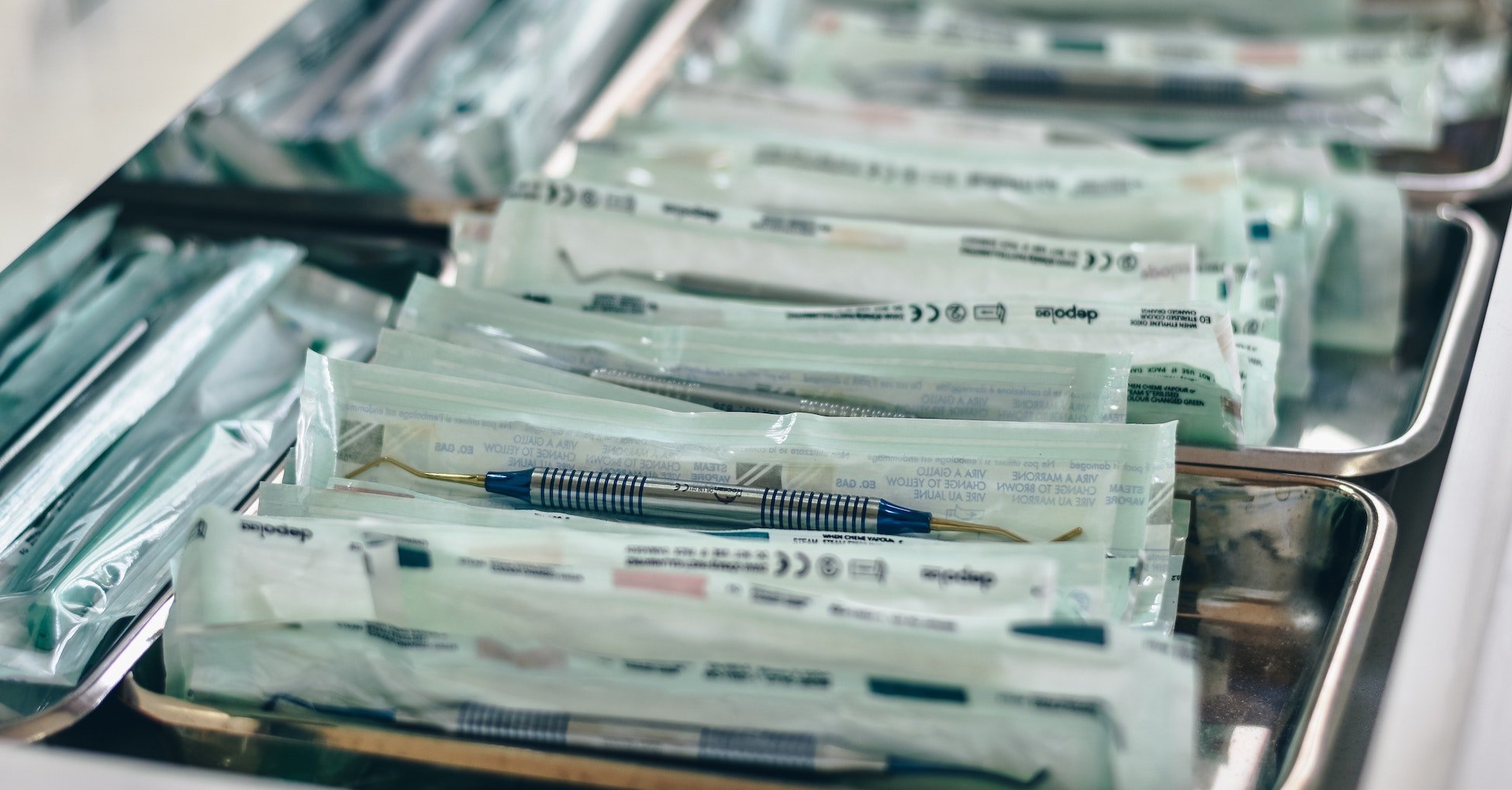Posted by Amy Carbone on Dec 20, 2021 9:00:00 AM
Overhead costs, including staffing, technology, equipment, and supplies are all part of running a dental practice.
While expenses can quickly add up, you do have options when it comes to creating efficiencies in your practice. Here are a few ideas you may consider:

Tip 1: Take (And Update) Inventory
If you’re not starting your practice from the ground up, you likely have some supplies at your disposal.
You might have more than you know. By creating an inventory of everything—from large pieces of equipment to disposable gloves—and estimating how long you believe each item will last, you can determine exactly what you have, what you need, and when you will need items in the future. Simply understanding the rate at which certain, recurring purchases need to happen can help you project expenses.
You might be letting too much time elapse between inventory counts. Have you ever reached into the back of a supply cabinet only to realize you opened the last box of your favorite face masks last week? That might be a sign you’re waiting a little too long between your inventory counts. Updating your inventory should happen at a regular, scheduled interval; depending on the size of your practice and how much you already have on hand, you might need to do this weekly, bi-weekly, or monthly.
Your organization method may not be obvious.. “A place for everything and everything in its place” isn’t just an adage you should use at home, it certainly applies to the supplies you have at your practice. If you don’t have an explicit system already set up (labels and everything!) there’s a chance you have two staff members putting bibs away in two different spots… which means the next order could get placed well before it has to, and you end up spending more money than you have to.
By keeping an organized inventory, you can decrease your overhead expenses, maintain your supplies, and plan for ongoing costs.
Tip 2: Make a Plan For Larger Purchases
Every business has large, recurring, predictable expenses—including rent, utilities, and employee salaries. These expenses are accounted for in every operating budget. However, it’s when unforeseeable large purchases, such as replacement equipment, are needed that they can become a financial burden without an emergency reserve.
Don’t have an emergency reserve? Here’s how to start building one.
Review your revenue projections alongside a commensurate period of expenses. What portion of your expenses were for standard, day-to-day, expected outlays? Have you had any other emergency expenses?
When you know how much you’ve historically spent on these items, you can start setting aside funds for them in the future by planning for these expenses in your annual budget.
If you are not utilizing and working off a budget, get started now. Working from a budget allows you to acquire the equipment you need for your practice without slipping below any dangerous financial thresholds on a month-to-month basis.
Make sure to consult with your accountant regarding the impact of large purchases on your bottom line.
Tip 3: Review Staffing Costs
While salaries often constitute a business’s largest expense, employees are also a business’s most critical assets. At your practice, they ensure your office runs smoothly, work is done properly, and your patients are happy.
Reviewing staffing costs on a regular basis is important. An accurate review needs to include salaries, bonuses and stipends, benefits, and other related expenses.
As you begin to think about expanding your team, factor in considerations with regard to hiring, training, and maintaining your staff, so you can make smart financial decisions that feel within your control.
Protect Your Overhead Expenses
Controlling expenses and overhead costs for your dental practice is often accompanied with a concern for how to continue practice operations if you are ever unable to operate the practice for a variety of reasons.
To ensure your practice’s everyday expenses are covered and your business is protected in the event of a disability, explore the benefits of business overhead expense insurance. This insurance is designed to cover fixed business expenses including staff salaries, taxes, utilities, office leases, and more. In the event of a property loss, Business Owners Protection may help you more easily recover some of the financial loss.
At Treloar & Heisel, we help you find the right insurance coverage for your dental practice to help keep you covered and give you peace of mind so you can focus on growing your career.


